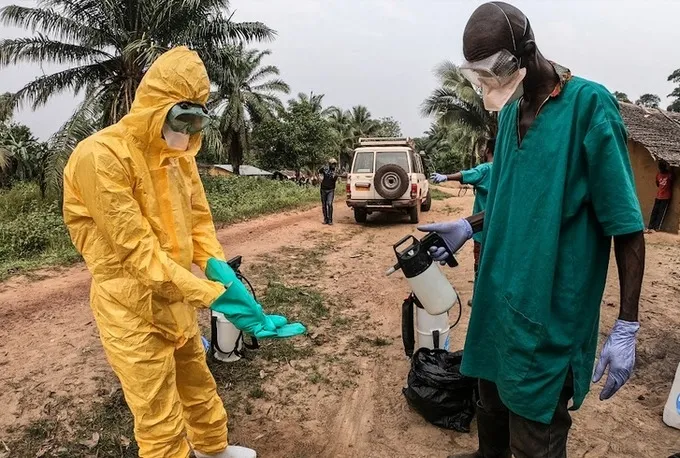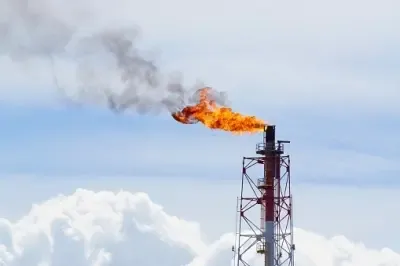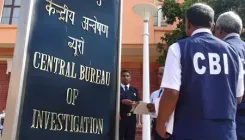Is the Latest Ebola Outbreak in Congo Claiming Lives?

Synopsis
Key Takeaways
- 31 people have died in the latest Ebola outbreak in DRC.
- A vaccination campaign with 760 doses has commenced.
- Transmission rates are slowing, but vigilance is crucial.
- Over 500 health workers have been vaccinated.
- The outbreak was declared on September 4, marking the 16th outbreak since 1976.
Kinshasa, Sep 18 (NationPress) - A minimum of 31 individuals have succumbed to the latest outbreak of Ebola in the Democratic Republic of the Congo (DRC), as reported by a representative from the World Health Organization (WHO) on Thursday.
Patrick Otim, a WHO official from the Regional Office for Africa, conveyed during an online press conference that there have been 48 reported cases in the central province of Kasai, out of which 38 have been confirmed. Of these, 31 patients have died, while 15 remain in treatment at an Ebola center located in the Bulape health zone, which is the outbreak’s epicenter. Additionally, two patients have been discharged, as reported by Xinhua News Agency.
According to Otim, a vaccination initiative has commenced, with approximately 760 doses already provided to Bulape. Over 500 health personnel and close contacts of confirmed cases have been vaccinated, with an additional 45,000 doses expected to arrive in the national capital, Kinshasa, shortly. However, Otim remarked that Bulape's remote setting presents logistical challenges, especially regarding cold-chain transportation.
The official indicated that the rate of transmission has decreased due to various interventions, but he emphasized the need for sustained vigilance, highlighting the importance of expedited testing, tracing, and vaccination efforts.
“We are observing a reduction in transmission... This is significant progress we can build upon. We are optimistic that if we maintain this path, along with the vaccination rollout, we will be able to control this outbreak swiftly,” stated Otim.
The DRC government announced the outbreak on September 4 in Kasai, marking the country’s 16th outbreak since the identification of Ebola in 1976. The previous outbreak concluded in September 2022 after a single case was confirmed in North Kivu Province. Genetic analysis later connected it to the 2018-2020 epidemic in North Kivu and Ituri, which resulted in nearly 2,300 fatalities.
Ebola is a highly infectious hemorrhagic fever characterized by a range of symptoms including fever, vomiting, diarrhea, generalized pain, malaise, and in numerous cases, internal and external bleeding, according to the WHO.









